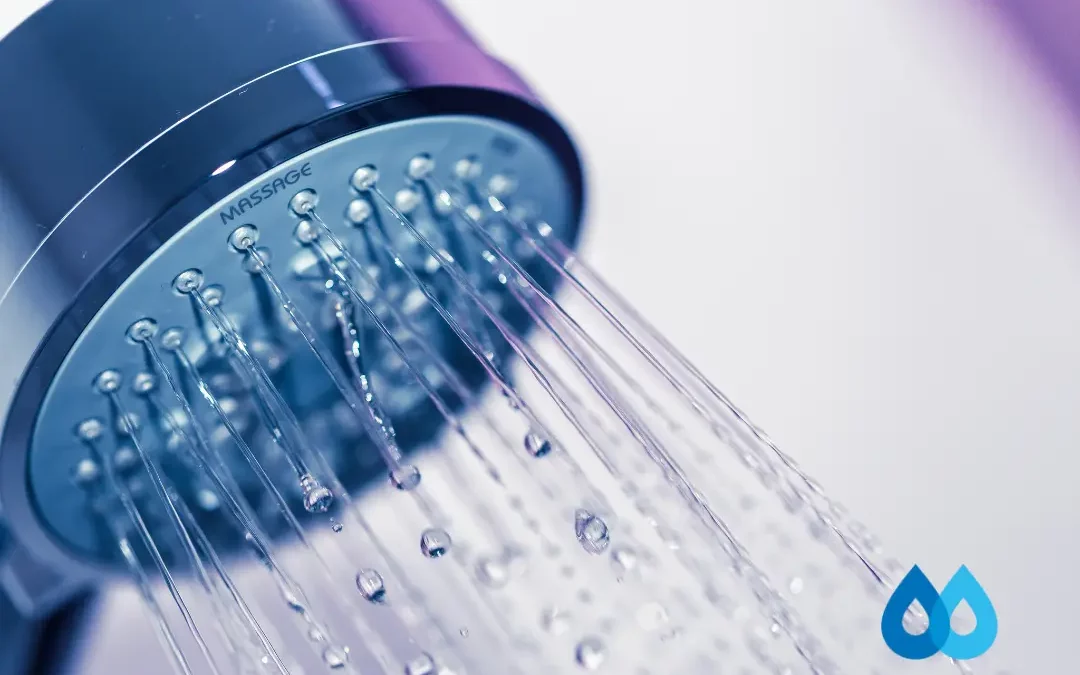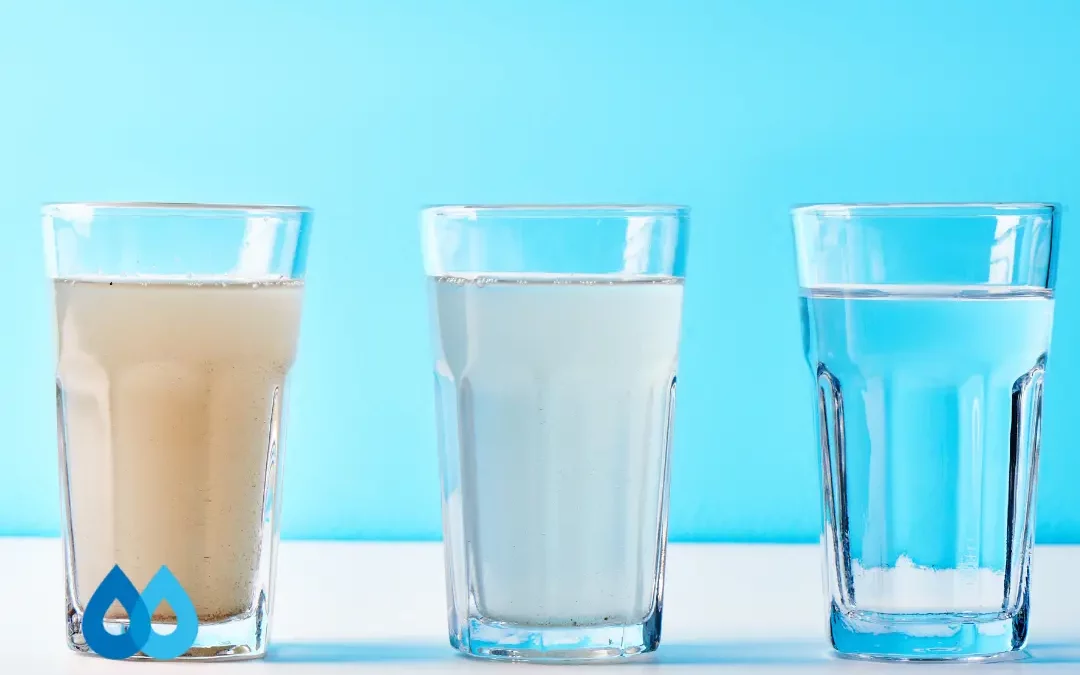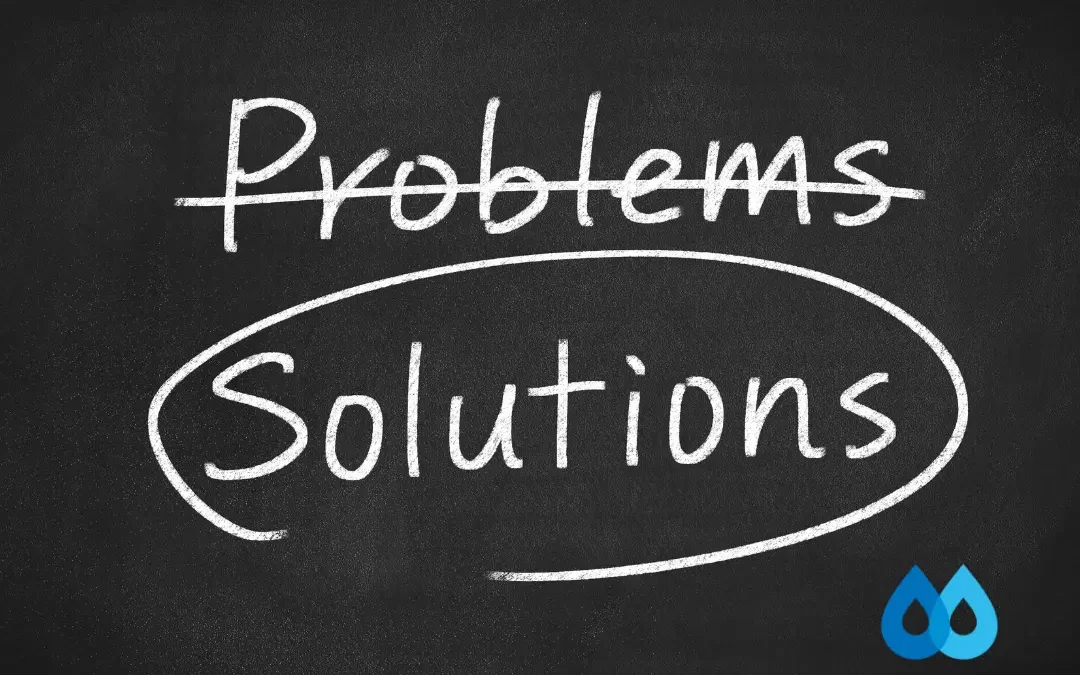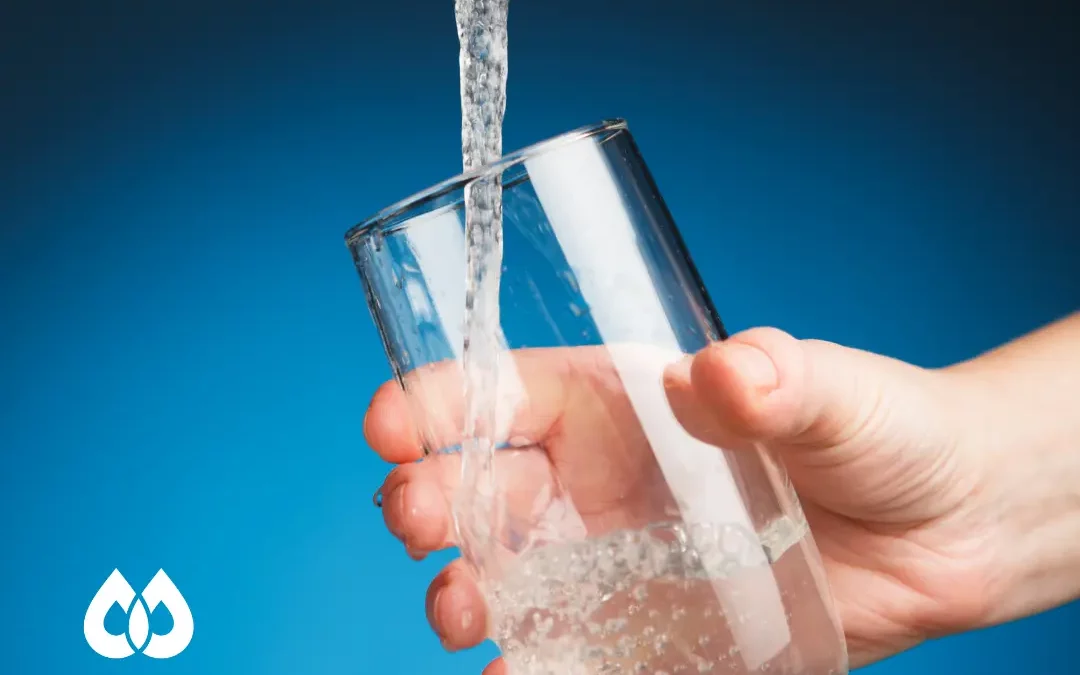If you are one of the 286 million Americans that get their water from a community water system, your tap water is regulated by the United States Environmental Protection Agency (EPA). However, even with this testing being done regularly, we should all be aware that in reality, there are more known contaminants than what are tested for, and even some of the tests can be unreliable depending on where the contamination takes place. Even though our tap water supplies are considered to be one of the safest in the world, water contamination does still occur. There are many sources of contamination, including sewage releases, naturally occurring chemicals and minerals (for example, arsenic, radon, and uranium), land use practices (for example, fertilizers, pesticides, livestock, and concentrated feeding operations), manufacturing processes (for example, heavy metals, and cyanide), or malfunctioning on-site wastewater treatment systems (for example, septic systems).
Sounds a little scary, right? Well, well owners should be even more prepared to monitor their own drinking water. Federal drinking water standards don’t apply to private wells, so it’s up to you to have your water tested (and to pay for the test). To find a certified testing lab, call the EPA’s Safe Drinking Water hot line at (800) 426-4791, look in the Yellow Pages under “Laboratories and/or Testing,” or use a national testing agency. Locally, there are also about 30 businesses under this headline in the yellow pages ready to help.
Your local water municipality or even your local health department can assist you in finding out about possible drinking water contaminants in your vicinity. Even when there are no current water advisories, you should still test your water regularly. Private well owners are recommended by the EPA to have water tested at least once per year for nitrates, coliform bacteria (bacteria found in the intestines), total dissolved solids, and pH (acidity or alkalinity), especially if your well is new or you’ve recently replaced or repaired pipes. Then, every three years for chloride, iron, sulfate, manganese, hardness, and corrosion. Depending on where you live, you may also need to consider annual checks of lead, copper, arsenic, radon, pesticides, or other substances.
If you get your water from public drinking water systems, you can also use the hotline or yellow pages to have a company come into your home. Once you get your water tested, you will also need to decide your next course of action. Our drinking water systems filter your water so testing isn’t the only thing you have to rely on. You can live a little easier knowing that your home has safe, high-quality drinking water no matter what your testing shows or doesn’t show. Relying on a water filter is better than relying on unreliable testing.



